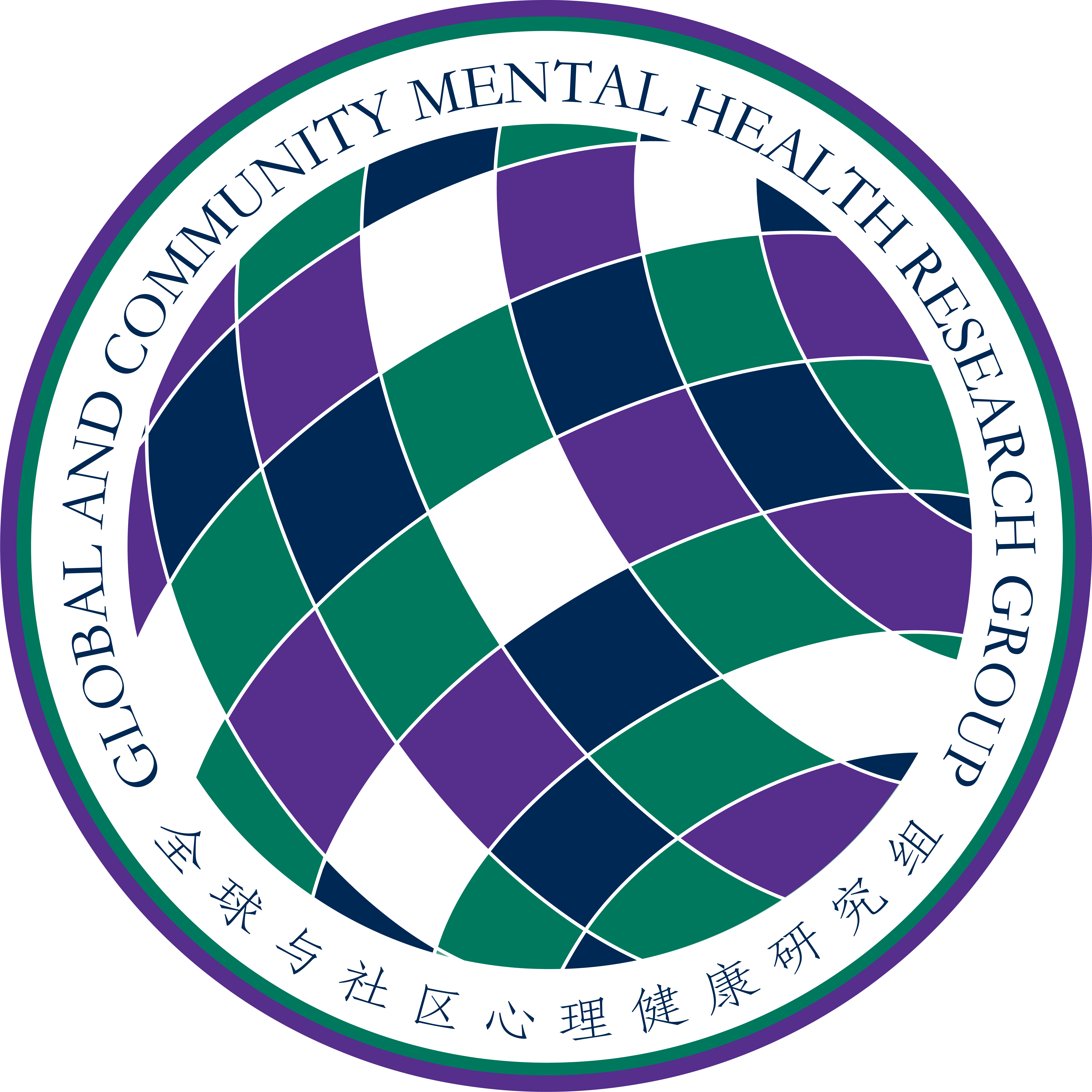We Use Science to Improve Community Health
The Global and Community Mental Health Research Group is the multidisciplinary home for Global Public Health research at NYU-Shanghai. It is one of the only research groups in Asia focused on Global Mental Health, a sub-field of Global Public Health. The cornerstone of our approach is to improve the public’s health through striving for excellence in research, advocacy, and educational initiatives. We utilize a broad and holistic definition of health, to include mental, physical, sexual, and social dimensions.
Current projects investigate the social determinants of health, cultural dimensions of health, scalable evidence-based interventions, and the health of migrant communities.
We are obsessed with impact – the work we conduct is designed to have real-world implications on health. Journal articles will never be enough.

Healthy Macau Project
Peel back the layers of this “Casino town” and take a deeper look at the underlying issues driving population health. This multiple year mixed methods research program is designed to identify key health conditions and understand their risk factors and prevalence. We also endeavor to quantify the health system and ways it might be improved. This research aims to develop evidence-based intervention programs, grounded in the community’s needs, that can be scaled to reach the population.

Wisdom of Our Elders – Project WISE
Where do we learn how to protect and maintain our health? From our elders. This mixed-methods project takes a deep dive into the wisdom of our Chinese elders to learn how illness beliefs, illness concepts, culturally informed manifestations of illness, and lay treatments, shape population health.
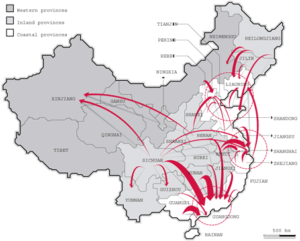
Guangzhou Health Study
China is home to more than 250 Million migrants – primarily from rural areas. Guangzhou, China, a province in South China, receives the largest number of these migrants. This study, funded by the NIH Fogarty Center (Co-PI: B. Hall & W. Chen), asks key questions about migrant health in the Pearl River Delta. What is the prevalence of common mental disorders? How does past exposures to traumatic events shape health? What are the spatial correlates of HIV testing and sexually transmitted infection?
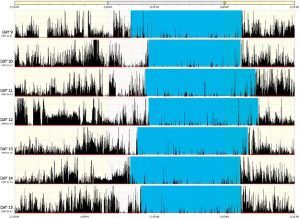
Migrant Sleep Study
Research shows that quality sleep is an important correlate and determinant of health. We objectively measured sleep through ambulatory wrist-based actigraphy in an intensive longitudinal design. This study aims to answer key questions including: What is the prevalence and correlates of sleep-related problems among migrant workers? How does sleep affect occupational and social functioning?

Population Research Initiative for Domestic Employees - PRIDE Study
The Pearl River Delta is home to tens of thousands of migrant workers. This multiple year mixed methods research initiative aims to characterize the social determinants of health, quantify the burden of common mental disorders, cardiovascular and general health, and HIV/Syphilis of migrant domestic workers, including migrants from Philippines and Indonesia.
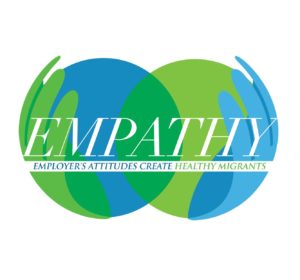
Employers Attitudes Create Healthy Migrants – Project EMPATHY
Through our formative research, we learned that the health and welfare of migrant domestic workers depends largely on the relationship with their employers. Gaining employers’ perspectives can inform potentially modifiable factors that can enhance relationship harmony and improve the lives of both employers and domestic workers. This mixed methods project, a collaboration between Caritas and Oxfam, aims to uncover key relational, cultural, and policy-level drivers of migrant health.

Filipino Intervention Research for Successful Transnationals – Project FIRST
For migrant workers, access to qualified mental health professionals is a fantasy. This project, in collaboration with the World Health Organization, aims to make evidence-based interventions a reality. This project will develop and test a scalable eMental Health programs that can be used by migrants from the Philippines, and can be adapted for Chinese and other communities across the Pearl River Delta region, and globally.
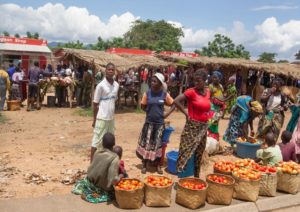
Defining stress in three African countries
Is stress the same everywhere in the world? Are assessment tools developed in Western contexts applicable in Africa? How should we define and measure stress in African countries?
This mixed methods project, initiated and implemented by UNICEF, is designed to answer these key questions. The goal of this work is to provide contextual understanding of stress and how it might be measured across Malawi, Tanzania, and Ghana.

Behavioral Addictions
Technology use is rapidly expanding around the world. What are the health implications of this unstoppable trend? This research focuses on smartphone misuse, technology use, and the effect of technology on health.

Typhoon Hato Cohort Study
On August 23, 2017, Typhoon Hato made landfall in Macao causing devastation to the city. At least 12 people died and over 200 were injured as a result of the storm. It was the worst storm to hit Macao in over 50 years, and the first time that a Typhoon signal 10 was hoisted in nearly 20 years. Over 1Billion USD in damages and lost revenue was reported. The GCMH worked with the Student Affairs Office to rapidly screen nearly 2000 students who were affected by the storm. This study will follow these students longitudinally to understand critical risk and resiliency factors for various outcomes.
